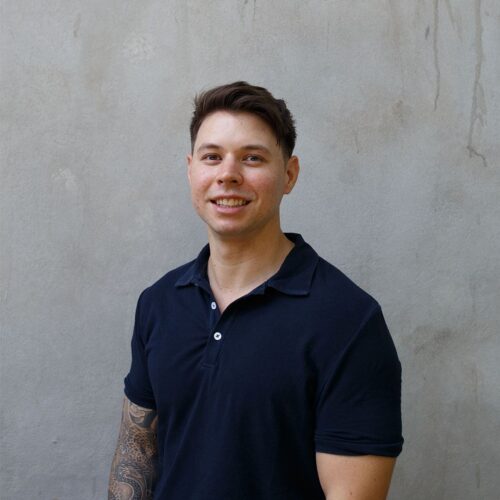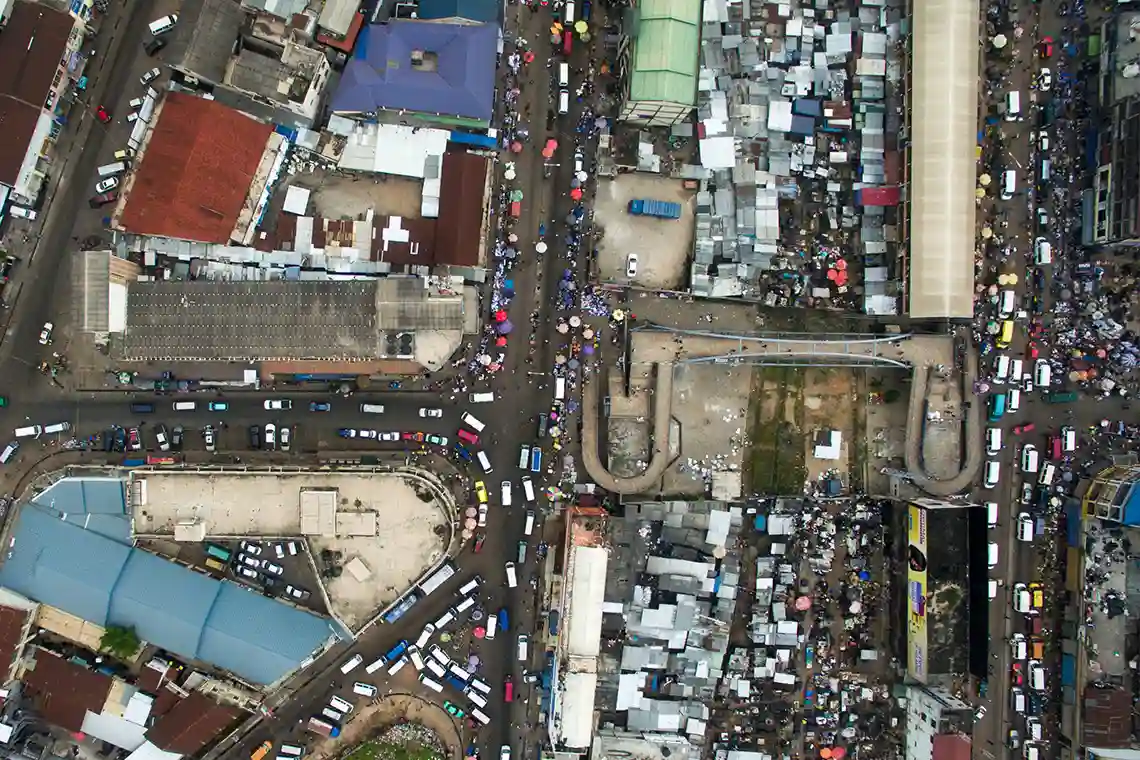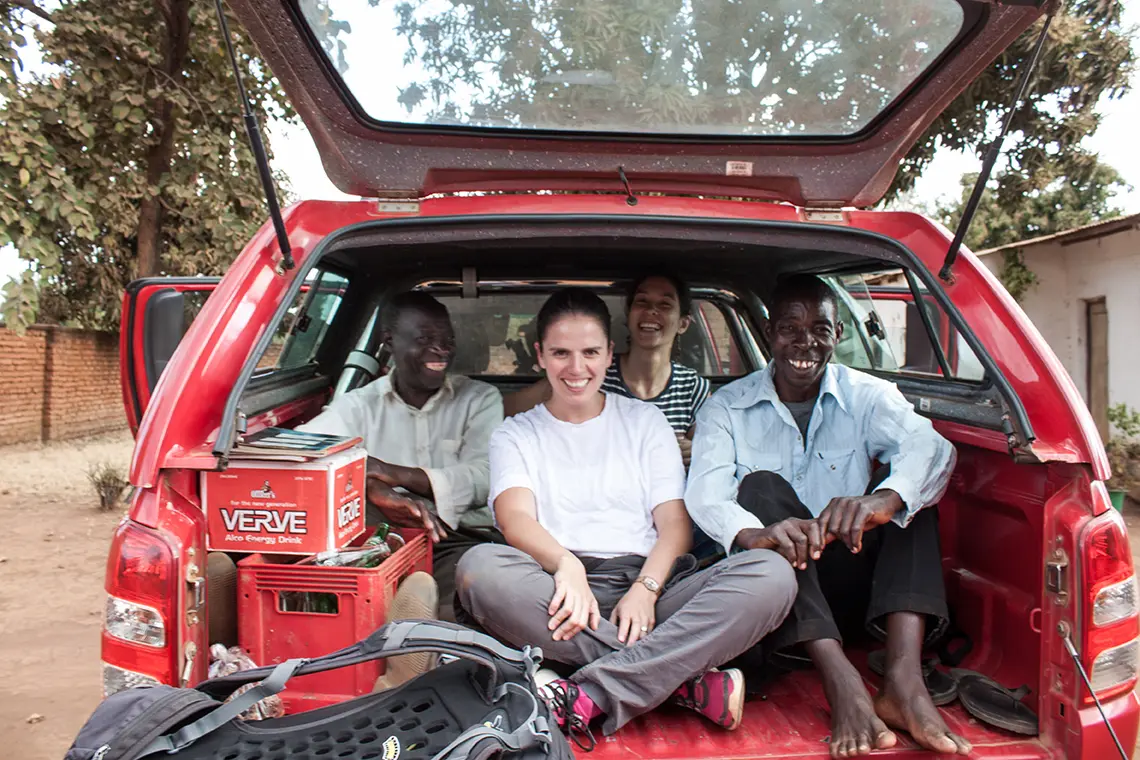We are a behavior change lab 100% focused on triggering change for good
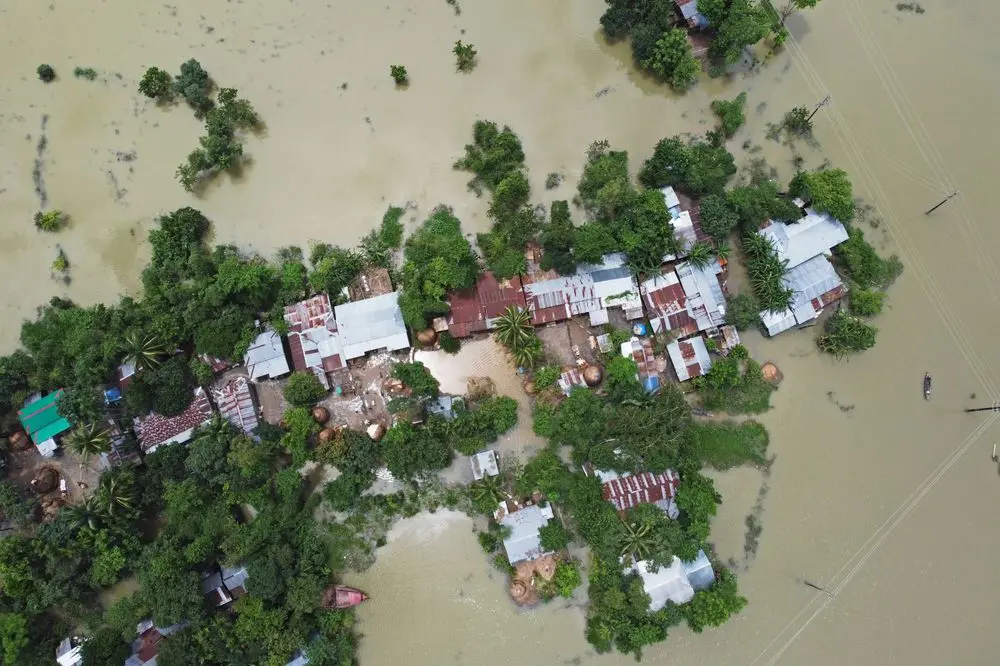
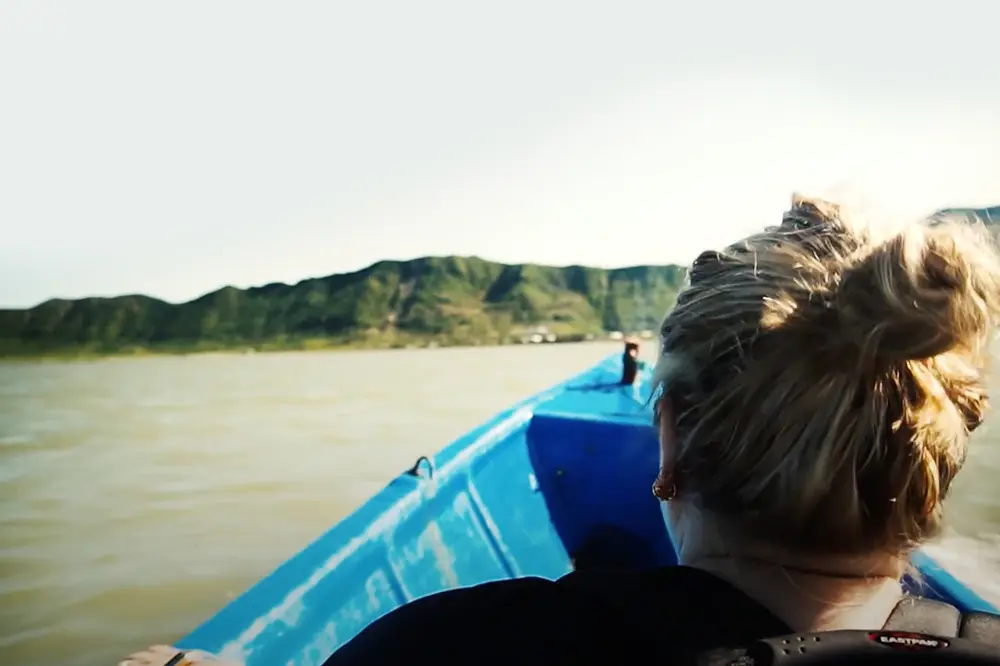
We work with urgency and purpose to overcome obstacles and achieve real behavior change.
Our ideal partners are those who share our ambition to break from the “this is how it has always been done” mindset towards pushing bold new ideas. Our knowledge and expertise is for sharing, not hoarding. We encourage all our partners, customers and audiences to take our tools and methods and apply them wherever and whenever there’s an opportunity for positive change. We think everyone can do HCD, and everyone should do HCD.
17 Triggers started with the belief that if marketing could be used to sell beer and cigarettes, it could also be used to help people live healthier, happier lives.
2010: Shit got real
Since 1994, behavior change communication materials related to latrine usage in Cambodia featured either cartoon-style graphics or celebrities who made poop look playful. We got real, and visualized actual shit through photography and created a campaign that used shame and disgust to trigger uptake of improved latrines. While stakeholders were doubtful, user testing showed how real-shit got people talking.
2011: Kill the comic book
We were hired to create a comic book to increase demand for a micro-insurance product in India. The assumption was that women were not purchasing the product because they did not know what it was and how it worked. In-person research revealed that the barrier wasn’t a lack of knowledge, but rather problems within the claim process. We knew a comic book wasn’t the right solution because it was the customer journey that needed fixing. Since then, we’ve been committed to “kill the comic book” and stay focused on solving the real problem—not be led by assumptions.
2012: Democratizing workshops through sketches
We met with the marketing department of a company in Vietnam to understand the target audience of a drought-based insurance product. Senior managers dominated the discussion while junior staff sat in silence. The conversation was going nowhere, so we ripped a sheet of paper to smaller pieces, grabbed a thin black marker, and started sketching the target persona, Farmer Hoang. We drew each step of his customer journey and marked pain points within it. As we went through this exercise, the entire marketing team realized they needed to know their customer better and on that day, our proprietary Trigger Mapping tool was born.
2013: Defining and living our values
In 2013, we had the opportunity to attend the Unreasonable Institute in Boulder, CO. We walked away from an unforgettable six weeks of coaching with a belief in the importance of establishing core values that guide who we are and how we act. At 17 Triggers, our values drive everything we do: be a breath of fresh air, pass the microphone, poke holes and make it better, don’t drop the baton, always ask, “how might we make this work?.” and “it’s okay to say ‘no.’.” Every year, we recommit to living these values every day.
2014: Keep it simple, smarty pants
The problem with the innovation field is that we hold on to methods and processes as if it’s reserved for a select group of people who know how to do it. In an effort to make human centered design accessible to everyone, we designed a training curriculum for practitioners to teach them how to create target personas, map customer journeys, and identify peaks and pain points within that journey on their own. Trigger Mapping in a Box (TMIB) has been delivered from San Francisco to Manila, Kampala, and Ho Chi Minh city. Innovation is for everyone, not just the smarty pants.
2015: Health doesn’t always sell
A project 17 Triggers worked on with SNV Netherlands Cambodia was published in an action research study led by Stockholm Environment Institute (SEI). It’s easy to fall into the trap of believing that if people understood the health and environmental benefits or consequences, then they would make the rational decision to change their behavior. We’ve found time and again that often, it’s something else that unlocks the key to change. For example, when it comes to cookstoves and latrines, it’s less about health benefits and consequences and more about aspirations for a modern life. With reducing the use of single-use plastic, it’s less about environmental messaging and more about tweaking the environment to shift behavior.
2016: Small tweaks lead to big impact
Changing the default can really work! Vendors in Cambodian markets were asked to combine a variety of produce in one bag instead of using an individual bag for each item. This reduced plastic bag usage by 40% and customers didn’t mind. Our ACRA-funded project in collaboration with QuickSand studio was featured in CNA’s Field Guide to Innovation Series. The 25 minute video The Complexity of Plastics features the human-centered design process. Our team members Socheata Kong and Pised La were stand outs in their first global appearance on television. With reducing the use of single-use plastic, it’s less about environmental messaging and more about tweaking the environment to shift behavior.
2017: Delivering experiences to spread HCD
Many of us in the social sector were groomed to be rational, to limit risk taking and definitely not admit to failures. Applying HCD then requires a mindset change to embrace the squiggle to be open to experimentation in order to design behavioral interventions. The Innovation Circuit was designed for MetLife’s Foundation grantees designing innovative financial products and services . The three-day event included trips to innovation labs in Singapore, a team competition to apply HCD principles to tackle a common customer pain point and networking with leading innovators in the region. The event video can be viewed here.
2018: Design sprints keep us on our toes
With a sense of growing urgency to address global issues, many organizations want to work in quicker product and service design cycles. We re-designed the Design Sprint into a 4-6 week experience to quickly validate consumer insights, ideate solutions and quickly test with users. In Ivory Coast, we worked with GSMA funded Coliba to ideate and prototype ideas and create a blueprint for a new plastic recycling service launched in 2020. Design sprints help clients accelerate make-test-learn loops to get products and services to market faster.
2019: Product design for babies
We deepened our portfolio in Myanmar and worked with partners that understood that you sometimes need to make the path easier, more intuitive to enable sustained behavior change. Our teams worked in Chin State, Rakhine and the per-urban outskirts in Yangon to gain user insights to design new interventions to solve stubborn problems. The Banana Bag is an innovative toolkit with physical and information tools and nudges designed to guide and encourage mothers and caretakers to introduce the right diversity and right portion at six months. The Potty Hub is an innovation that reduces open defecation by providing a safe and comfortable space for children aged 3-5 years in IDP camps in Rakhine state.
2020: Responding to the COVID-19 pandemic
Immediately in February 2020, we understood the importance to pivot and ensure that partners we work with had our support to protect their own staff and client base, adapt operations to mitigate risk of COVID-19 and also ensure digital skills were in place to work in remote and virtual methods. In Cambodia, under the USAID’s Promoting Healthy Behaviors Project, we designed interventions to increase preventive behaviors: COVID Bokator, targeted at caregivers in rural areas; and Long Life, focused on inspiring village chiefs and elderly audiences to make DIY hand washing stations at the entrance of their homes.
Our Team
We are a group of people inspired by norms we can challenge, problems we can solve and lives we can improve.
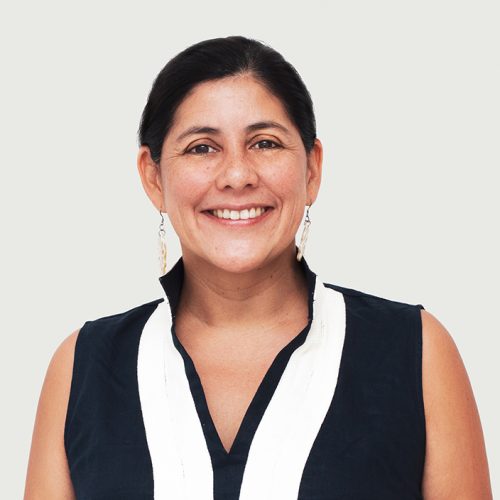
Lillian’s passion has been to promote financial inclusion for the poor. While working for an MFI in Bolivia, she saw first-hand how vulnerable the poor are to economic and climatic shocks. She went on to work at USAID’s Office of Microenterprise Development in Washington D.C., and then was a global consultant for The SEEP Network, Microfinance Opportunities, CGAP and others on demand-side research, financial product and service design, and financial education. Lillian has a Master’s degree in International Affairs from Columbia University, School of International and Public Affairs.
Lillian has lived in South East Asia since 2004 and is currently based in Yangon, Myanmar. She loves hiking in the mountains and listening to Latin American boleros.
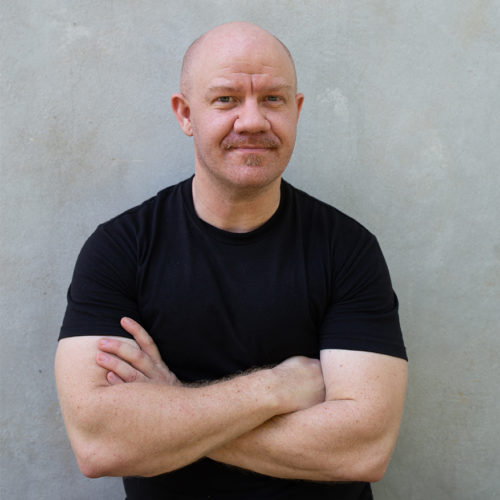
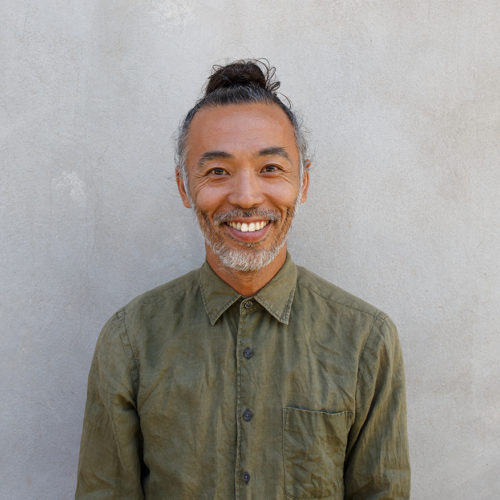
Prior to joining 17 Triggers, he led media4impact at Impact Hub Phnom Penh, fostering community among Cambodian content creators and spearheading innovative programs. As a socially-conscious creative, he co-founded ART4FOOD, raising $15K and providing 7000+ meals during a lockdown in Phnom Penh. He also initiated the Phnom Penh Photography Collective, fostering support and collaboration among creatives. Excited to apply his marketing and community-building skills to 17 Triggers' human-centered design approach, Take is passionate about tackling behavioral challenges.
Outside of work, he enjoys football and photography seriously, often found exploring the streets of Phnom Penh.
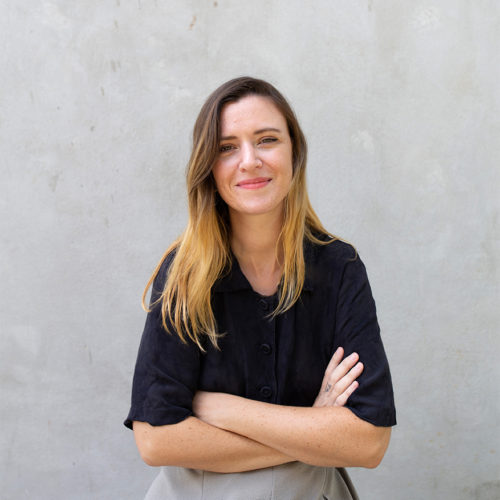
Alexandrine brings over 8 years of global art direction experience to her role at 17 Triggers. Before joining our team, she worked on several international brands, including L'Oréal, Nestlé, and Heineken, across multiple countries. Alexandrine has a culturally rich, diverse, and open-minded approach to her work. She has a Master's Degree in Visual Communication with a specialization in Digital.
Alexandrine’s creativity extends beyond her job as she loves to spend her free time crafting. She also enjoys taking photographs and travelling.
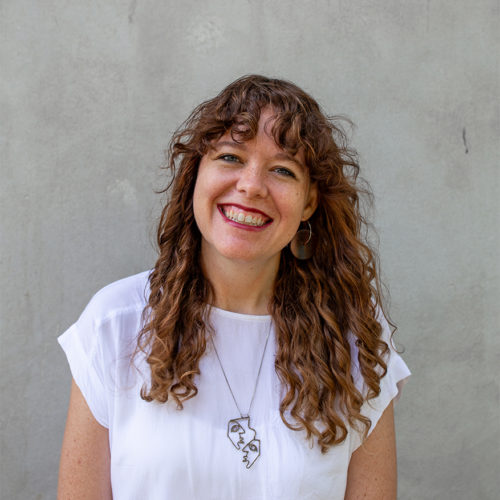
Prior to 17 Triggers, Sharleen held senior positions with major international advertising agencies, working as an art director and designer on through-the-line campaigns for some of Africa’s most loved brands. She has experience in graphic and product design, brand events and activations, UI design and brand strategy. A South African national, Sharleen holds her BA degree in Creative Brand Communications from Vega School.
Sharleen is a maker at heart, exploring her curiosity for all things creative from sewing and pottery to street art. She loves dreaming up travel adventures and spending time out in nature.
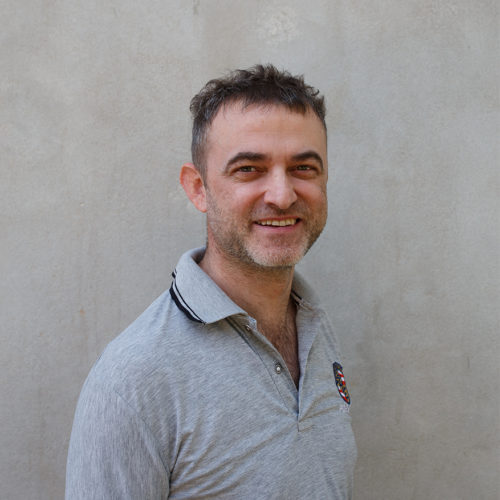
As a teenager Edward started as a runner on TV commercials for Scotland's biggest production house. He worked in production for 15 years before moving to the agency side of advertising, producing TV, film, online and radio projects for one of the UK’s largest agencies, The Leith Agency. Edward completed his degree in Film, Photography and Imaging from Napier University Scotland.
Edward is a night owl and tends to be the last one to leave our Phnom Penh office. But when he is not working, you can spot him on the pitch playing football or watching his team play in the premier league.
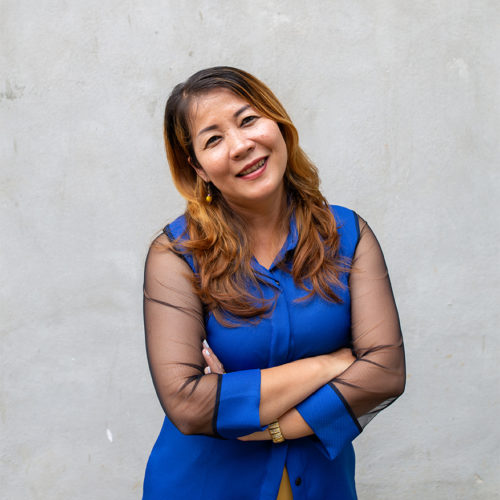
At 17 Triggers, she has previously worked as a Design Researcher, leading numerous projects for Population Services International, SNV Netherlands, Plan International and many others. Prior to 17 Triggers, she has held senior positions with major international NGOs focused on behaviour change and outreach in education and health. She holds a Masters degree in Educational management from Royal University of Phnom Penh.
Socheata is a modern mother who finds balance with a 4-day week. When she’s not busy with her children, you will find her designing and sewing masks for Covid-19 or painting glass flower vases.
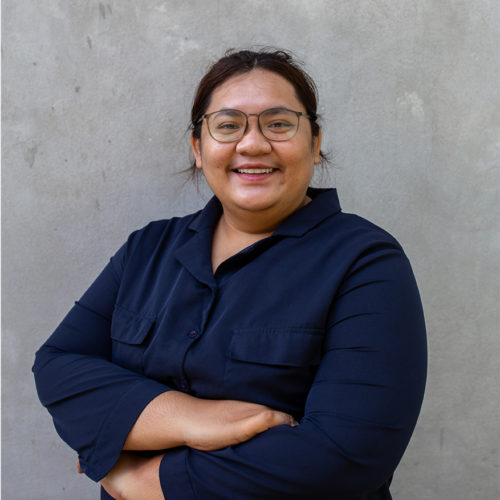
Monyroth was an advisory member of the United Nations Youth Advisory Panel and the United Nations Joint Program on Youth Employment from 2018 to 2020 where she worked with other young people to provide a youth perspective to UN agency projects. She holds a bachelor degree in International Relations from Royal University of Law and Economics.
Outside of her professional life, Monyroth spends time enjoying the simplicity of nature. She loves to travel and gets inspiration from each destination that she visits. Music plays a big part in her life, as she appreciates its calming and healing effects.
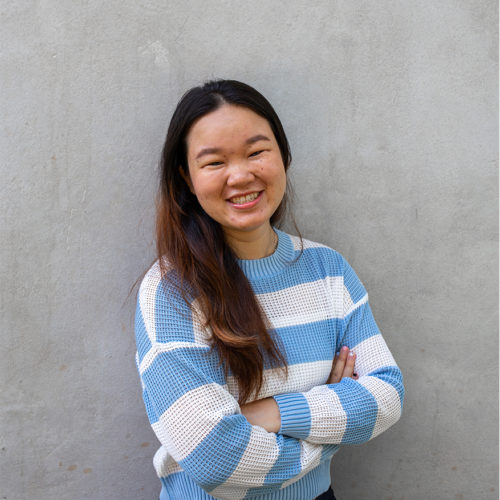
Srey Pov's dedication to sustainability and community well-being reflects a profound sense of purpose in her professional journey. She holds a Bachelor of Science in Environmental Science from Paññāsāstra University of Cambodia.
When not at work, Srey Pov enjoys watching movies, exploring different cuisines, embarking on travels, and creating art.
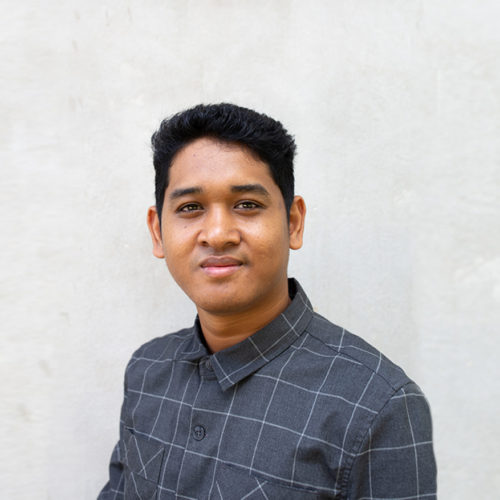
Sokkongkea has always had a love for numbers, excelling in formulas and calculations. Before joining 17 Triggers, Sokkongkea worked as a Tax and Accountant Assistant at Leopard Business Consultancy (LBC). He graduated with a bachelor degree of accounting at Human Resources University (HRU) in Phnom Penh, Cambodia and speaks Khmer, English and Chinese Mandarin.
Sokkongkea may be a quiet man, but he has a strong sociable side too. Whether it's playing football or an intense game of Khmer/Thai chess, he enjoys a challenge, and is always willing to go on an adventure when his friends call.
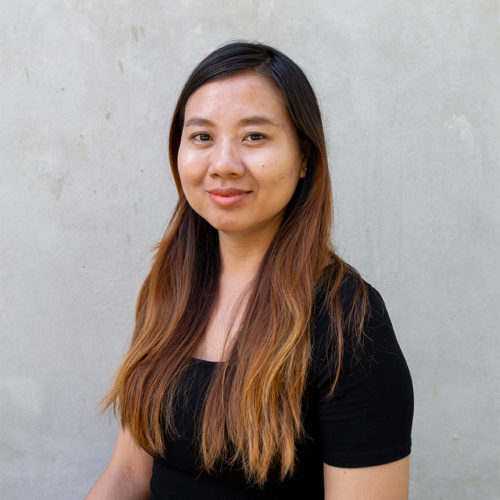
Prior to joining 17 Triggers in 2016 Pilika spent two years as the Accounting Manager at Spark and Tawandang Co. Before that she worked as an Internal Auditor in the Department of Internal Audit for the Ministry of Agriculture Forestry and Fisheries. Pilika Graduated with a Bachelor Degree in Business Administration from the National University of Management (NUM) with a major in Accounting.
Pilika works to strike the right balance between her work and home life. She spends her spare time with her close friends and family, always willing to lend a helping hand, because "helping someone is a happiness!”
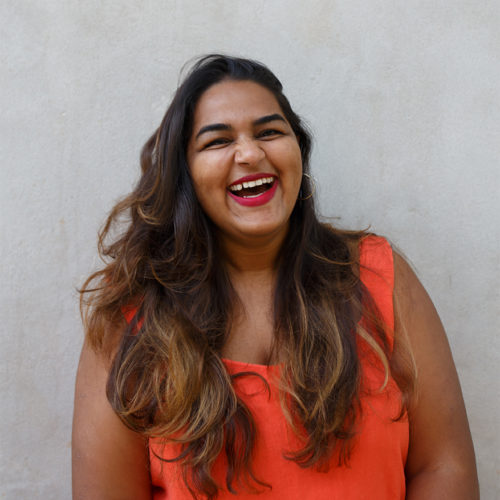
Imara combines a public health, anthropology, and economics background, with global experience in the research and implementation of health systems programming. Her interest in innovative, community-driven methods led her to behavior change and design. Imara holds a Masters of Science in International Health Systems from Johns Hopkins University, and a dual Bachelors of Science in Public Health and Anthropology from Brandeis University.
Outside of work, Imara can be found socializing at restaurants around town. She loves to travel and also finds escape in novels. Burgeoning hobbies include watercolor painting, diving and running.
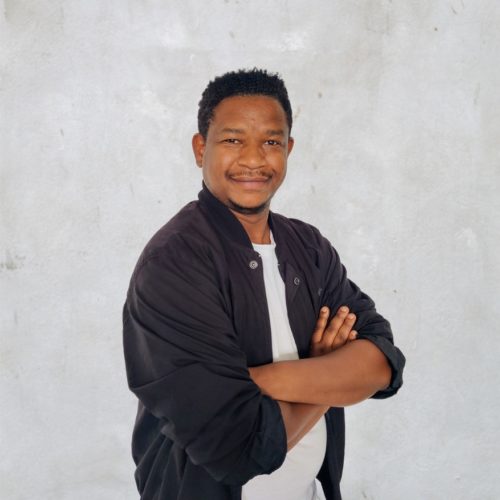
Ermiyas Acquired and demonstrated high level of competence in: Leadership and management/coordination of qualitative and quantitative research, capacity development, and project management/planning. He had been serving a number of high-profile national and international research institutions, government and non-governmental organizations, and firms in the capacities of Project Manager/Coordinator, Assistant researcher, Operations coordinator, and Research consultant.
Ermiyas is especially passionate about projects in rural community development. He is also a persuader for positive change.
When Ermiyas is outside of work, he enjoys being in nature. He prefers traveling to remote, difficult-to-reach rural locations in order to increase his motivation and enhance the lives of the rural communities. Reading and listening to music are two of his favorite things to do.
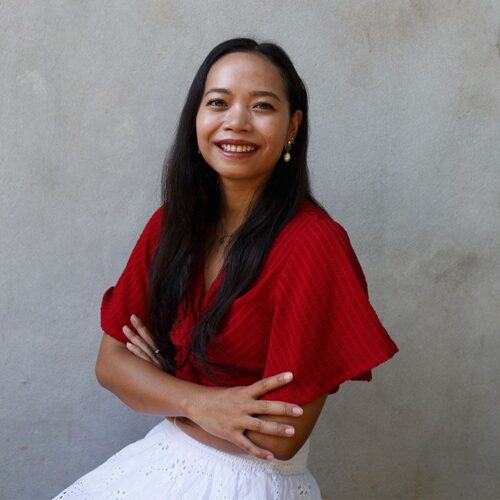
Her career is distinguished by a commitment to advocating for vulnerable groups and addressing social issues through design. Tinzi's portfolio includes pivotal projects on the refugee crisis, human trafficking, and poverty in Cambodia and Europe, where she strives to foster empathy and understanding through her storytelling prowess. Holding a Master's degree in Graphic Storytelling from St. Lucas University in Belgium, she draws on a diverse background shaped by her experiences living in various countries and speaking English, Dutch, and French. Her international perspective enriches her approach, contributing to the success of comprehensive 360 campaigns recognized on a global scale.
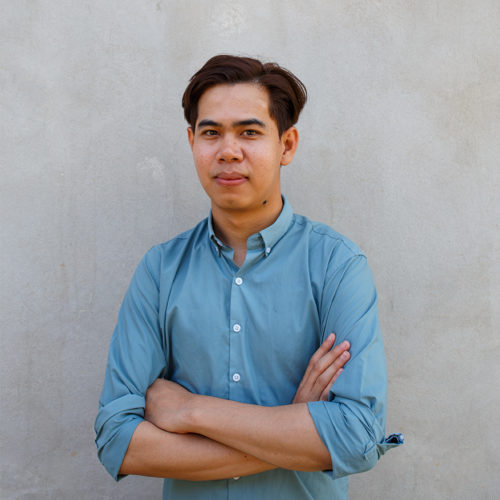
Recently graduating with a master's degree in Leadership for Sustainability from Malmö University in Sweden, Chamroeun was also a fellow of the Young Southeast Asian Leaders Initiative Professional Fellows Program (YSEALI PFP) in 2022 for the economic empowerment theme. During this fellowship, he worked at the Global Innovation Lab at Texas Global, conducting desk research to assist a Korean company in entering the U.S. market. Additionally, he played a pivotal role in facilitating a pitch competition to recruit Korean technology companies for a funded program.
His interest and commitment to sustainable development extend to active participation in dialogues on policy, sustainable business models, and access to finance.
On weekends, he enjoys exploring community-based ecotourism sites.
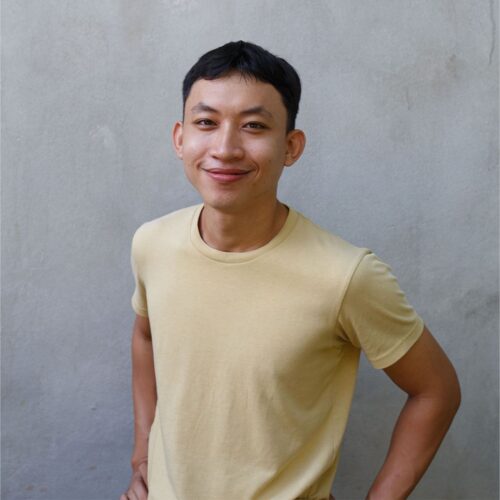
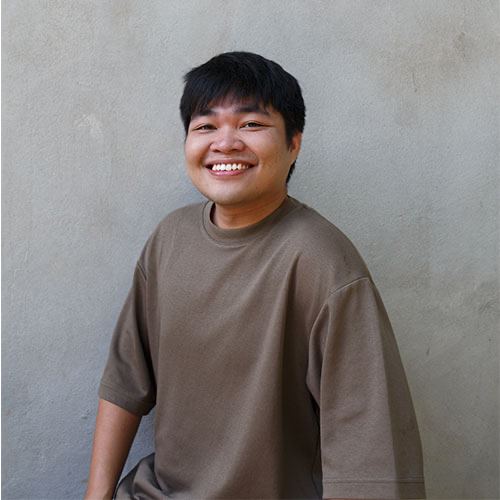
He excels in technical proficiency with the latest design software and possesses a keen eye for detail, enabling him to tackle complex design challenges effectively. His design process is user-centered, emphasizing the creation of visuals that resonate deeply with the intended audience. This focus on the end-user experience ensures that his designs are not only pleasing but also intuitive and engaging.
Throughout his career, Madavid has demonstrated a strong ability to collaborate effectively. He values the dynamic exchange of ideas that occurs in teamwork and is open to feedback and suggestions, making him a valuable team player. His roles have included Creative Lead and Senior Graphic Designer, where he has led projects and teams to deliver outstanding visual communications.
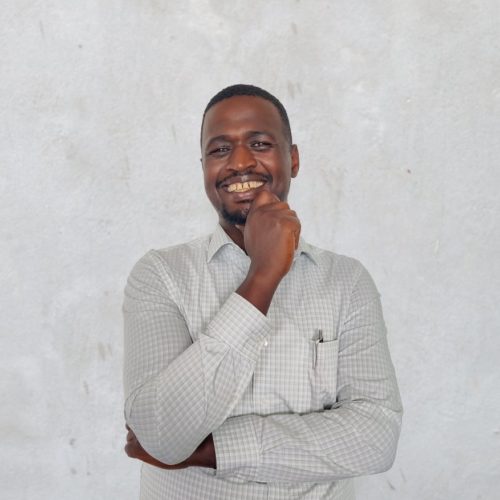
Tamirat has made significant contributions to the field of public health nutrition and is committed to advancing his strategic leadership, people management, health systems strengthening and behaviour science skills. He has led multiple research initiatives in pastoral and agrarian contexts to improve early ANC, diet diversity, and adherence for micronutrient supplementations. Tamirat holds a Master of Science in Public Health Nutrition from Woliyta Soddo University and a Bachelor of Science in Nursing from Hawassa University. He is a member of various professional organizations and is dedicated to improving public health in Ethiopia and beyond. Tamirat is highly regarded for his expertise, leadership, and commitment to excellence.
